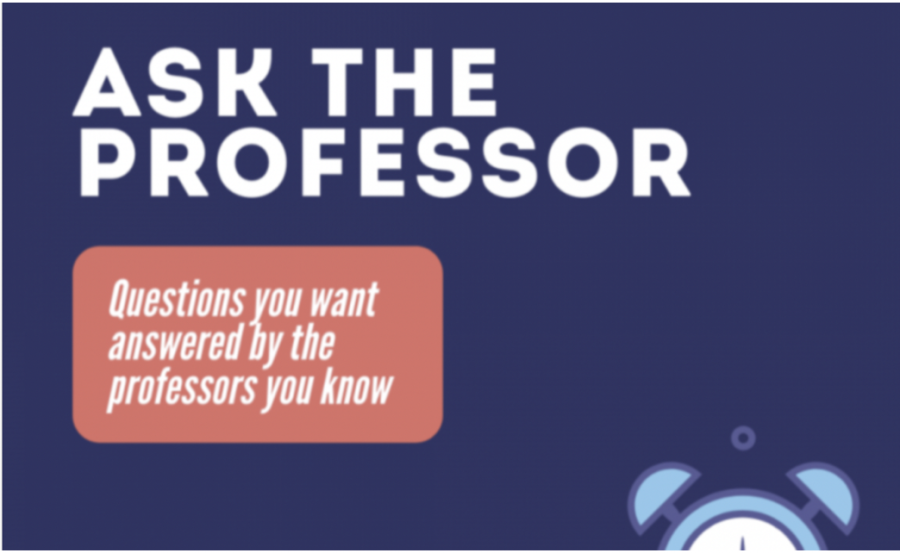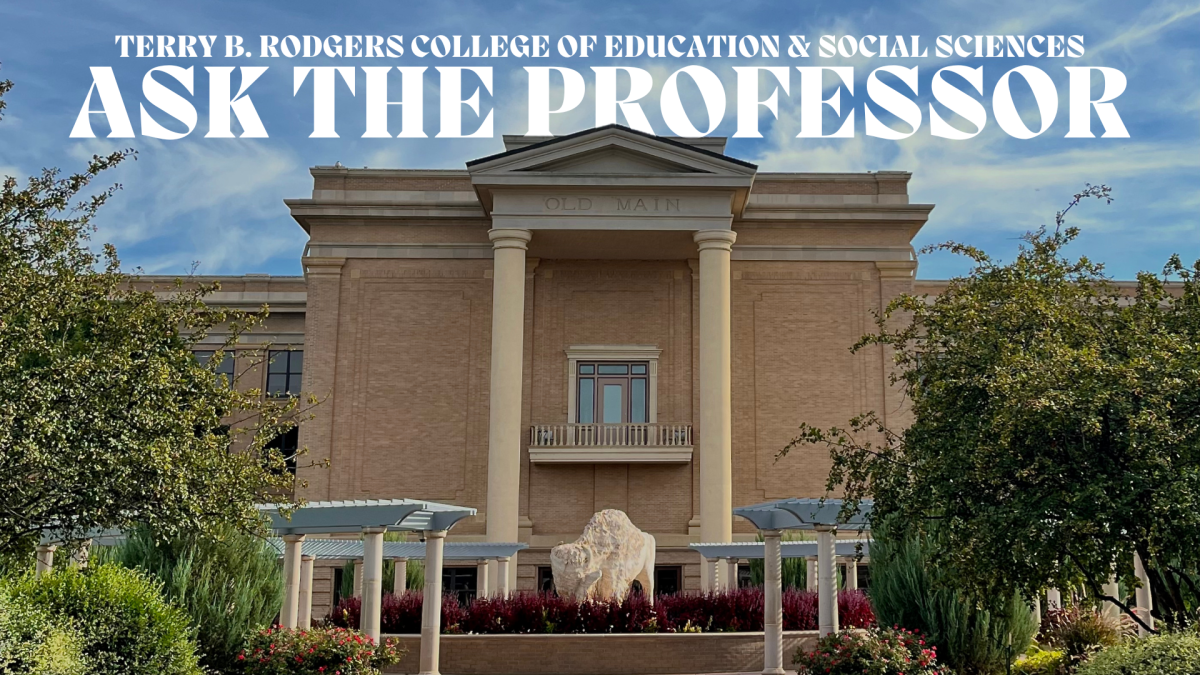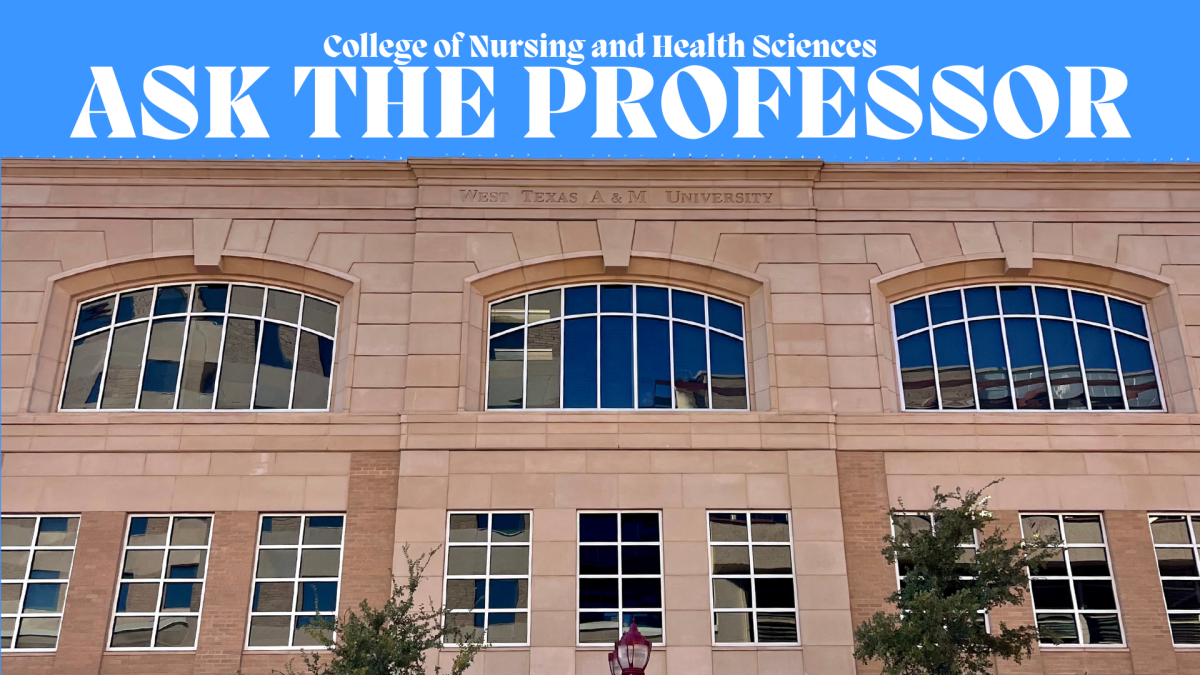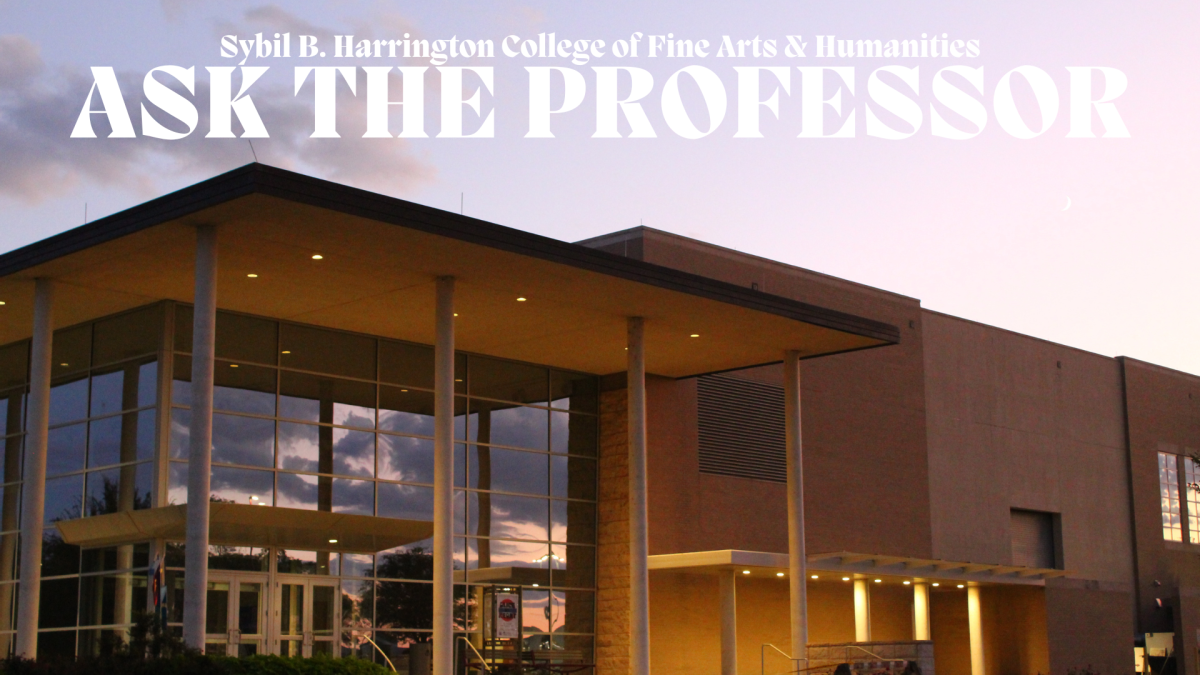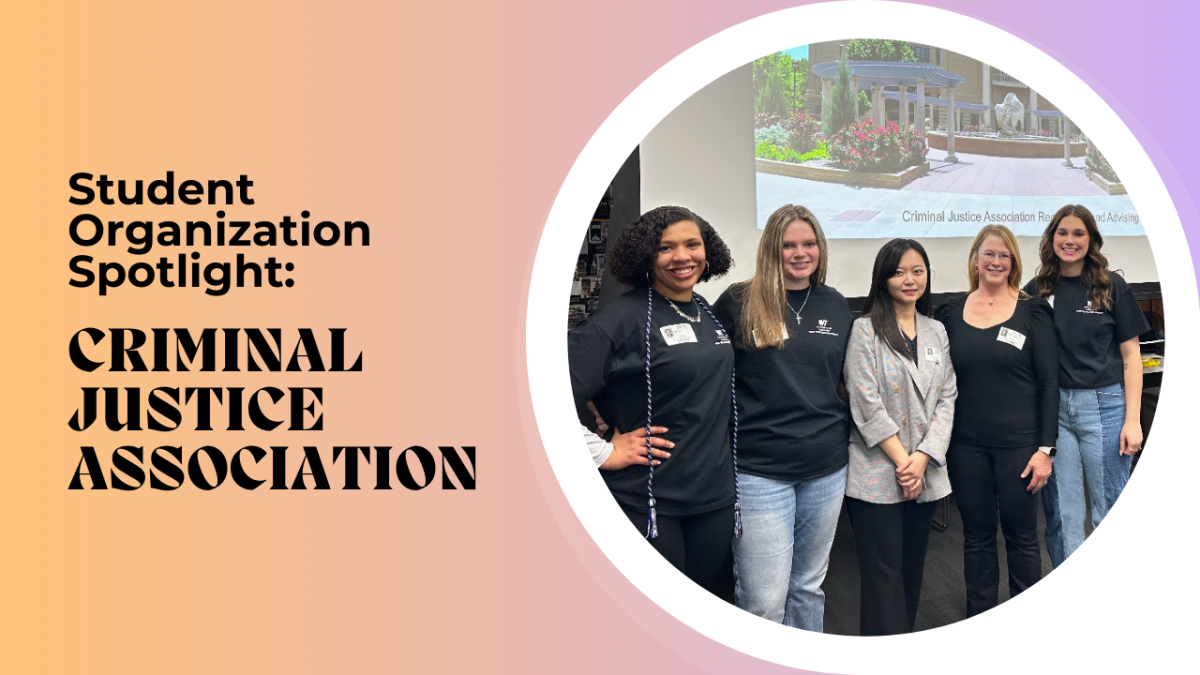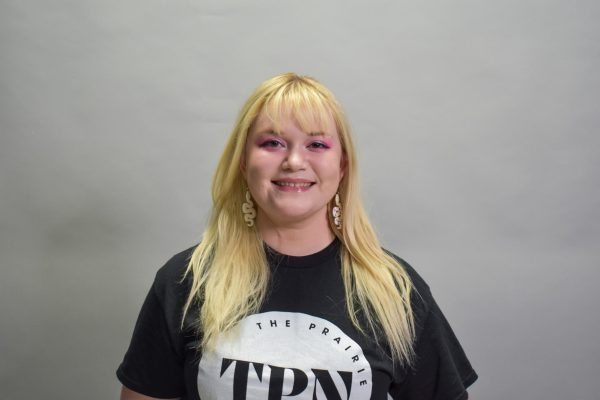Associate Professor of Psychology Dr. Ashley Pinkham teaches developmental psychology courses at the Terry B. Rogers College of Education and Social Sciences. Dr. Pinkham’s research focuses on improving young children’s pre-literacy skills using multimedia components to broaden their content knowledge in pre-kindergarten.
When looking for research experience as an undergraduate, a chance encounter with a flier led Dr. Pinkham to child development research.
“I hated talking on the telephone,” Dr. Pinkham said. “So, we had a jobs board, all of the different labs that were looking for research assistants; a bulletin board. Early 2000s, there wasn’t a lot of email. And there was one flyer that had an email address instead of a phone number, and that happened to be a child lab.”
Dr. Pinkham said that she still doesn’t like talking on the telephone, but “luckily, I really liked what I was doing.”
Dr. Pinkham compared child development research to a form of detective work, as babies and toddlers cannot verbally communicate what they know and understand.
“And that’s very satisfying to me, coming up with ways of tricking babies into telling me about their knowledge and their understanding of the world,” Dr. Pinkham said. “Oh, it was a lucky coincidence that that was the one flyer.”
Dr. Pinkham explained that her research approach aims to prevent educationally at-risk three-year-olds and four-year-olds from falling behind their peers.
“A lot of research on building little, little kids content knowledge, especially science-based knowledge: an area that’s really rich, but not usually addressed in early childhood,” Dr. Pinkham said. “And by teaching them that content knowledge, their early pre-literacy skills tend to increase, suggesting that they’ll go into school ready to learn, not at a disadvantage relative to the kids who get that kind of knowledge at home.”
Dr. Pinkham joked about her hatred of flashcards. Her advice is to space out study sessions.
“You’ve had the experience, I’ve had the experience of cramming the night before you get to the test and then you don’t remember a word of it the next day, right?” Dr. Pinkham said. “That’s because memory doesn’t work that way. We need to distribute it, making sure that we focus on depth of learning instead of the superficial characteristics.”
Dr. Pinkham often speaks about prefrontal cortex development with her students.
“So, the prefrontal cortex is that part of the brain that is involved in higher-order cognitive function, including things like long-term planning, decision making, impulse control [and] avoiding risky behavior,” Dr. Pinkham said. “The prefrontal cortex continues to develop until 25 years of age. So, sometimes, expecting students to be able to plan a major and stick with it, right? That’s not reasonable. You are in a period of time where you should be exploring; that’s developmentally appropriate.”
For those exploring degree options, Dr. Pinkham suggested psychology.
“I am biased, but psychology is a really good option for a lot of students for a number of reasons,” Dr. Pinkham said. “Also, it’s just fun! Who isn’t interested in why we do what we do, who isn’t interested in your own mind or somebody else’s mind?”



